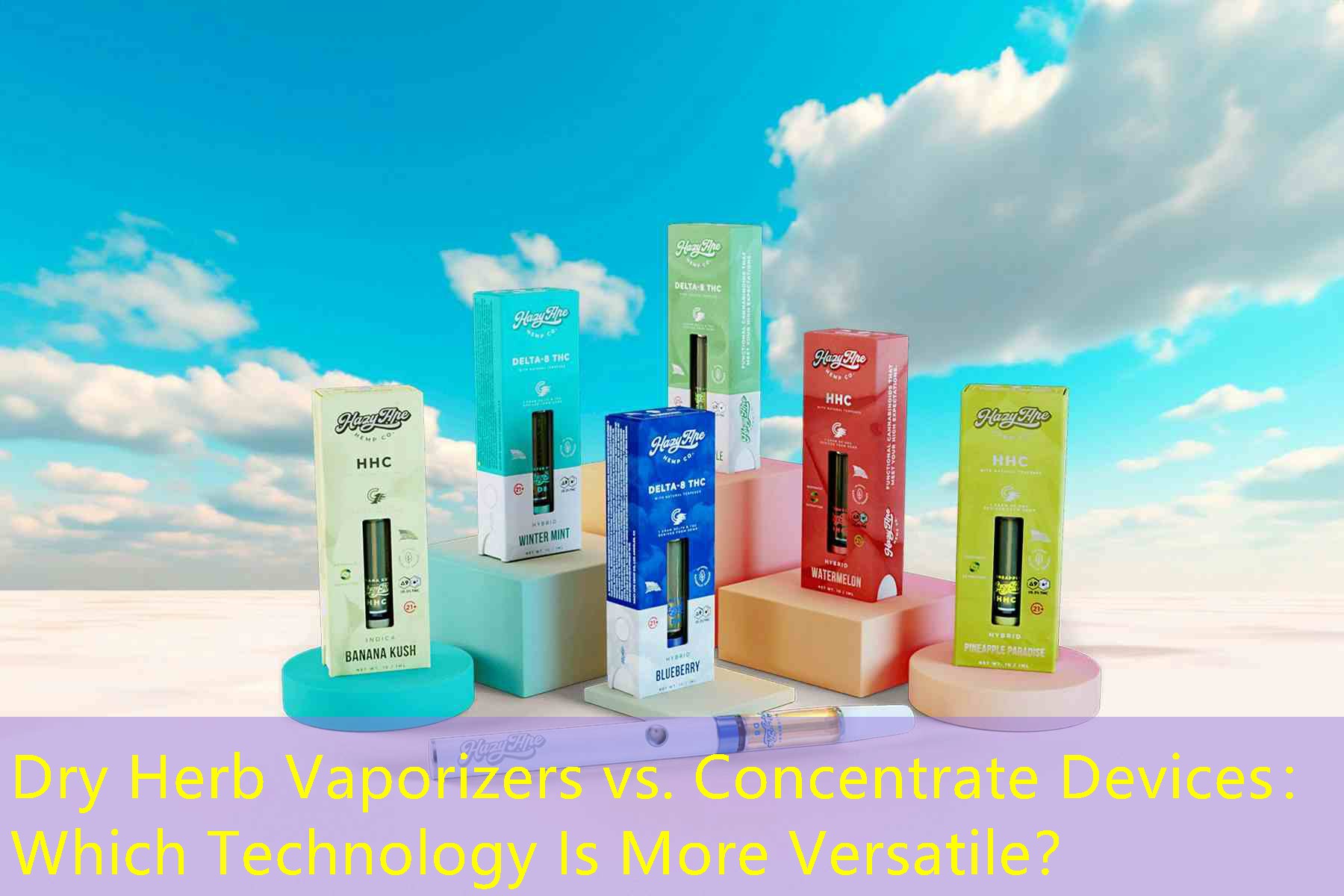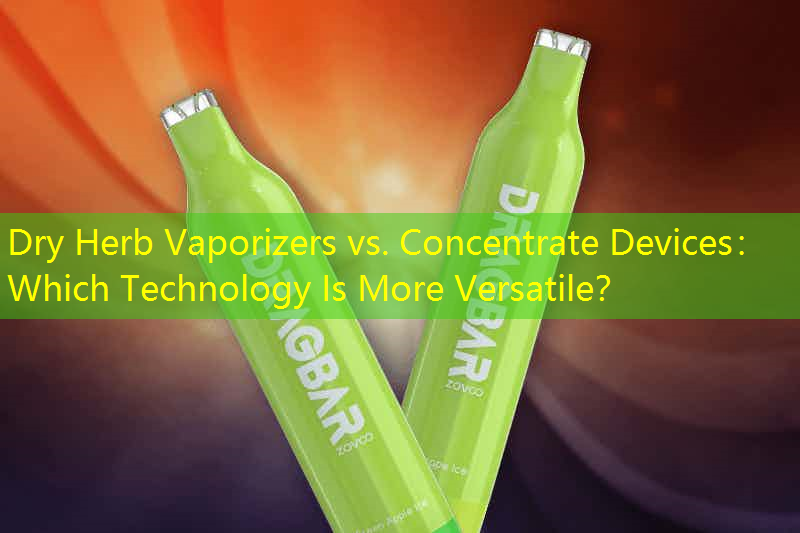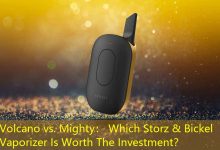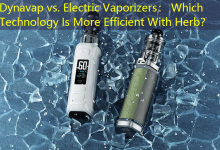Introduction
As the vaping market continues to evolve, consumers are often faced with the dilemma of choosing between dry herb vaporizers and concentrate devices. Each technology offers unique features and benefits, catering to different preferences and styles of consumption. This article aims to provide a comprehensive comparison of these two types of devices, exploring their characteristics, user experiences, and who they are best suited for.
Features of Dry Herb Vaporizers
Dry herb vaporizers are designed specifically for vaporizing ground medicinal or recreational botanicals. Their key features include adjustable temperature settings, allowing users to tailor their experience to achieve different flavor profiles and effects. Most models also come equipped with convection or conduction heating methods, which can impact the vapor quality and efficiency. Additionally, many vaporizers are portable, making them convenient for on-the-go usage.
Usage Experience
Users of dry herb vaporizers often report a smooth and flavorful inhalation experience. The ability to control temperature helps users avoid combustion, which can yield a harsher smoking experience and could release harmful toxins. Many enthusiasts appreciate the nuanced flavors that each strain can offer, which are often lost in traditional smoking methods.
Features of Concentrate Devices
On the other hand, concentrate devices, which include dab rigs and vape pens, are optimized for oils, waxes, and other concentrates. These devices typically utilize a coil to heat the concentrate quickly and effectively, producing potent vapor. They often feature quick heating times and are designed for ease of use, appealing to both beginners and experienced users alike.
Usage Experience
Concentrate users frequently note the powerful effects and strong flavors that concentrate devices offer. The intense nature of the vapor can deliver a more immediate experience, appealing to users looking for intense psychoactive effects. However, because concentrates are generally more potent than dry herb, newcomers should approach with caution.
Comparison with Competing Products
When comparing dry herb vaporizers with concentrate devices, the greatest distinction lies in their versatility. While some hybrid models exist that attempt to bridge the gap, traditional dry herb vaporizers are specialized in providing rich flavors, whereas concentrate devices excel in delivering potency.
Pros and Cons

Dry herb vaporizers are often praised for their flavorfulness and lower health risks associated with combustion. However, their potency may not fulfill the needs of users looking for an intense experience. Conversely, concentrate devices deliver powerful effects quickly but might lack the sophistication and flavor profiles that dry herb enthusiasts cherish.
Target User Group Analysis

The demographic for dry herb vaporizers typically includes users seeking a flavorful, nuanced experience and those who prefer a more gradual onset of effects. They are also favored by health-conscious individuals avoiding harsh smoke. In contrast, concentrate devices attract those looking for convenience and immediate impact, including experienced users and those who prioritize potency over flavor.
Conclusion
In summary, both dry herb vaporizers and concentrate devices hold distinct advantages and disadvantages. The choice between the two largely depends on individual preferences, desired effects, and usage experiences. Understanding these nuances can aid users in selecting the device that best aligns with their vaping lifestyle.







